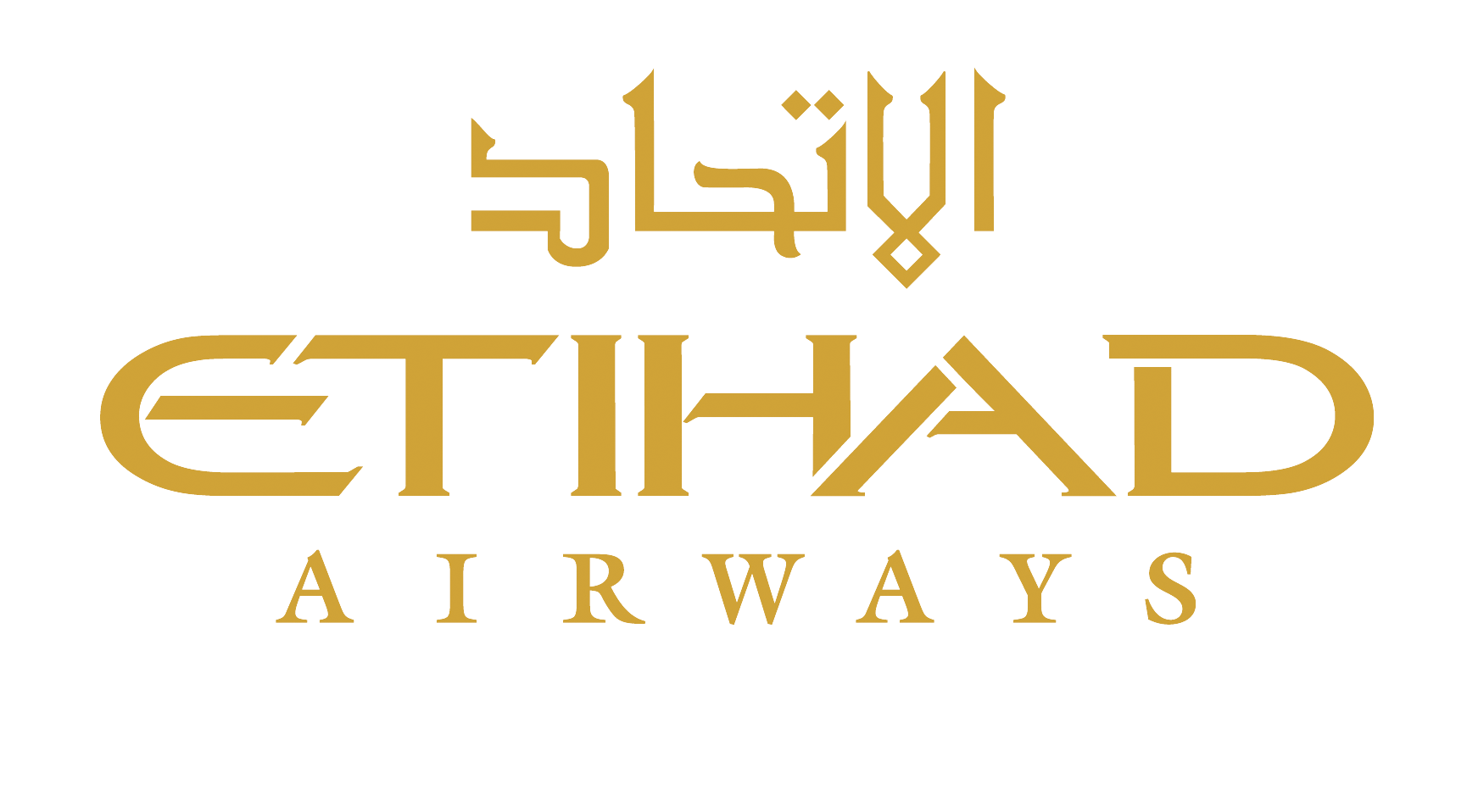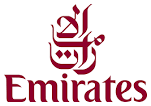Inhalt
The Holy City of “Mecca” or “Makkah”, which lies inland 73 kilometers east of Jeddah, is the place where the Prophet Muhammad, P.U.H, was born, the place where God’s message was first revealed to him and the city to which he returned after the migration to Medina or “Madinah” in 622 CE.
Makkah is the holiest city on earth to Muslims. It is variously known as Makkah Al-Mukarramah, Umm Al-Qura (the origin of the Cities), Al Balad Al-Ameen (the Secure City), and Al-Balad Al-Haram (The Sacred City).
Five times each day, the world’s more than one billion Muslims, wherever they may be, turn to the Holy City of Mecca to pray. And at least once in their lives, all Muslims who are not prevented by personal circumstance perform the Hajj, the pilgrimage to Mecca. Thus each year the Holy City of Mecca is host to some two million hajjis (pilgrims) from all over the world. The Holy Mosque in Makkah houses the Kaaba, in the corner of which is set the Black Stone

which marks the starting point for the seven circumambulations of the Holy Mosque which every Hajji must complete. The Holy City is served by the seaport and international airport of Jeddah.

History of the Holy City of Mecca
The Grand Mosque
In its long history Mecca has also been known as Bakkah. In ancient times, Mecca was chiefly notable as a staging post on the trade route linking the spice producers of the east with Mesopotamia and the Mediterranean. Mecca lay about midway between Maribمأرب, one of the main cities, perhaps the capital, of the Kingdom of Sheba “Yemen“ and Petra in Jordan.
The religious significance of Mecca was established long before Islamic times. It was in Mecca that Allah commanded Prophet Ibrahim to leave his wife Haajar and his young son Ismail; it was in Mecca that Allah brought forth water from the Well of Zamzam which saved the life of Ismail and his mother and then allowed Mecca to develop as a habitable place; it was in Mecca that Allah instructed Prophet Ibrahim to build “The House of God”; the Holy Kaaba. As a result, from earliest times, Mecca became a place of pilgrimage and, although as centuries passed the pure faith of the Prophet Ibrahim became corrupted by idolatry and paganism, Mecca retained its hold on the minds of men as a place where men should worship. When Mecca came under the control of the Quraysh tribe, it was a noted trading center, a place for pilgrimage and the site of festivals chiefly remarkable for intensely fought poetry competitions and the excessive behavior of the idolaters.
The Prophet Muhammad P.U.H. was born in Mecca in 570 CE. When, following revelations, Muhammad opposed the paganism of the Mecca establishment and began to spread the word of Islam, he was forced by the Meccans to leave the city. He went to Medina which proved more recep-tive to his understanding of the will of God.
In 630 CE, The Prophet Muhammad P.U.H. returned to Mecca, taking the city without resistance and purging it of all elements of idolatry. He cleared the Kaaba of the 360 “gods” within, dedicating the Kaaba once more to the pure worship of the one and only God, and establishing Mecca as a place of pilgrimage for all Muslims. From that time, the Holy City of Mecca has been the heart of the Muslim world. It grew in importance as Islam spread and, for the most part, retained a large degree of inde-pendence.
In 1269 CE, the Mamluk Sultans from Egypt asserted their power over Mecca, and in 1517 CE, the Turks under the Ottomans in Constantinople held sway over the Holy City. Nevertheless, throughout these great shifts in power in the region, the descendants of The Prophet Muhammad P.U.H. remain-ed the local rulers of Mecca.
When the Ottoman Empire collapsed at the end of the First World War, Abdul Aziz Al Saud “Ibn Saud” came out of central Arabia, the Najd, and, armed with a deep commitment to the pure form of Islam, took control of Mecca, accepting guardianship of the Holy Sites as a prime responsibility of the Kingdom he founded, the modern state of Saudi Arabia.
The Holy Mosque in Mecca
The religious center of the Holy City of Mecca is the Haram Mosque “Al Masjid al Haram” and the Well of Zamzam. The present Haram, meaning “sanctuary“, dates from 1570 CE (978 AH), and takes the form of a central quadrangle surrounded by stone walls. Around the inner sanctuary is a marble pavement, the Al-Mataf. The holiest shrine of Islam, the Kaaba, is situated at the heart of the Holy Mosque’s central courtyard. The Haram Mosque “Al Masjid al Haram” has a long and glorious tradit-ion of expansion, dating back to 638 CE (7 AH) when the ever increasing number of Muslims led the second caliph, Umar Bin Al-Khattab, to develop the site.
The Expansion of the Holy Mosque
The Holy Mosque in Makkah AlMukarramah, with the Holy Kaba at its center, has witnessed success-sive expansions since the era of the Caliph Umar Ibn AlKhattab, who carried out the first expansion in the year 638. It went through continuous expansions over the Islamic eras. In 1925, King Abdulaziz Al Saud, founder of the Kingdom of Saudi Arabia, ordered that a full program of maintenance to the Holy Mosque be carried out including its lighting, renovation, modernization and area expansion. After the death of King Abdul Aziz expansion operations continued in the reign of King Saud (1953-1964) the Grand Mosque was expanded during the period (1955 – 1961) to reach a total area of 152,000 square meters, with a capacity of 400,000 worshippers. The area of the Grand Mosque during the reign of King Faisal (1964-1975) was 160,000 square meters. In the reign of King Khalid (1975-1982) improvements were added in the Tawaf area, the pulpit and the door of the Kaba. During the reign of King Fahd (1982- 2005) the expansion operations continued beginning in 1988 and included the development of external areas, and the introduction of fire extinguishing system, rainwater drainage and other services. The total area of the Grand Mosque reached 356,000 square meters.
The Expansion of Al-Haram Mosque by King Abdullah Bin Abdulaziz

Due to the continuous increase in the numbers of pilgrims and visitors to the Holy Mosque during recent years, its further expansion became a matter of urgent necessity. Therefore, the Custodian of the Two Holy Mosques King Abdullah Bin Abdulaziz ordered that a huge expansion be undertaken, which covers the Holy Mosque and its surrounding areas starting in the northern side in order to enable it to accommodate two million people at one time. In addition, King Abdullah’s expansion includes expansion of the external areas of the Holy Mosque, as well as restrooms, passageways, tunnels, and other ancillary facilities. The service area has also been developed, including the air conditioning and electricity plants and water supply facilities which all serve the Holy Mosque. Upon its completion, this latest expansion project will increase the area of the Holy Mosque to one million square meters.




















